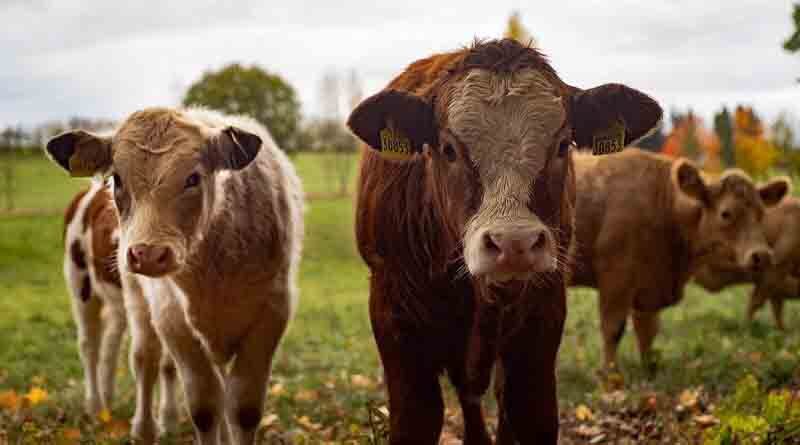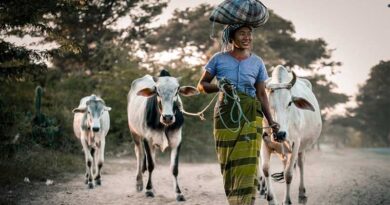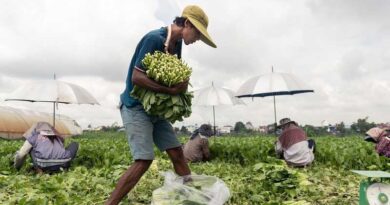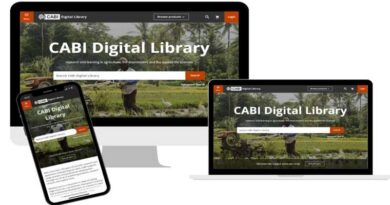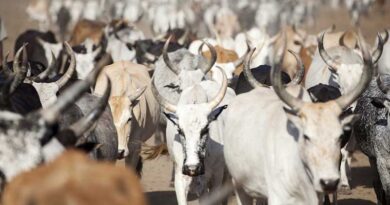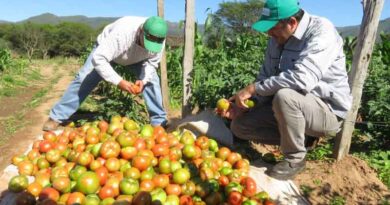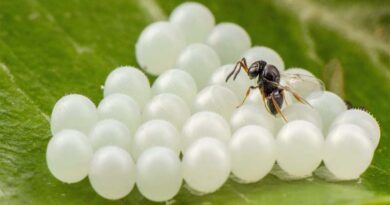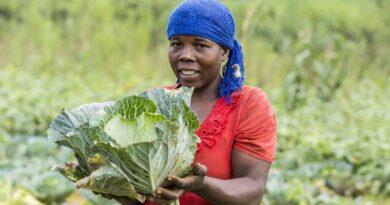First articles published in CABI One Health journal
06 September 2022, NY: The first articles in the new CABI One Health journal have now been published – stressing the interconnections between humans, animals, plants, ecosystems and their shared environment.
Among the first four articles published are an editorial, ‘To meat or not to meat: A One Health perspective on animal-source food consumption’, led by CABI One Health’s Editor-in-Chief Professor Jakob Zinsstag and Deputy Editor Dr Lisa Crump, alongside Bassirou Bonfoh and Paul Teng.
The article is the first in a new special issue, ‘The Dilemma of Animal-Source Food’, which is now accepting submissions until 20 December 2022. Find out more here.
Professor Zinsstag and Dr Crump have also written another editorial ‘Advancing integrated approaches to health through the new transdisciplinary CABI One Health resources.’
Both lead authors are also from the Swiss Tropical and Public Health Institute.
Meanwhile, a mini review ‘How can One Health contribute to pandemic prevention? Looking at Ebola through a One health lens’, has been published, authored by Dr Rebecca Maudling, Co-founder & Director of International Location Safety.
Finally, a commentary, ‘Sustainable development matters for animals too: Governments have a responsibility to recognize that’, has been led by Professor Jeff Sebo of New York University.
CABI One Health tackles global challenges such as zoonotic diseases, emerging infections, food security and safety, loss of biodiversity, the impact of climate change, and antimicrobial resistance that are increasingly inter-connected.
The journal was launched earlier this year and forms part of a new set of transdisciplinary One Health resources from CABI.
These also include One Health Cases – a curated collection of real-life examples of One Health in practice, and the One Health Knowledge Bank, a hub of relevant knowledge, information and data.
All of the CABI resources foster transdisciplinary approaches that consider academic and non-academic, practical, local and indigenous knowledge in the research process and encompass exchange and cooperation among the scientific disciplines as well as between science and society.
Professor Zinsstag said, “If you share my passion for One Health and want to get involved, please submit your articles, share your practical experiences with the world, and consider volunteering to join the editorial board.
“We are building a diverse team of people with significant evidence of translational One Health research, previous experience of being on journal editorial boards, and strong international networks who, while being leaders in their disciplines, are also open to engage in a truly inter- and transdisciplinary dialogue. We look forward to hearing from and interacting with you.”
Also Read: Tur dal seed coat has six times more calcium than milk: ICRISAT
(For Latest Agriculture News & Updates, follow Krishak Jagat on Google News)

